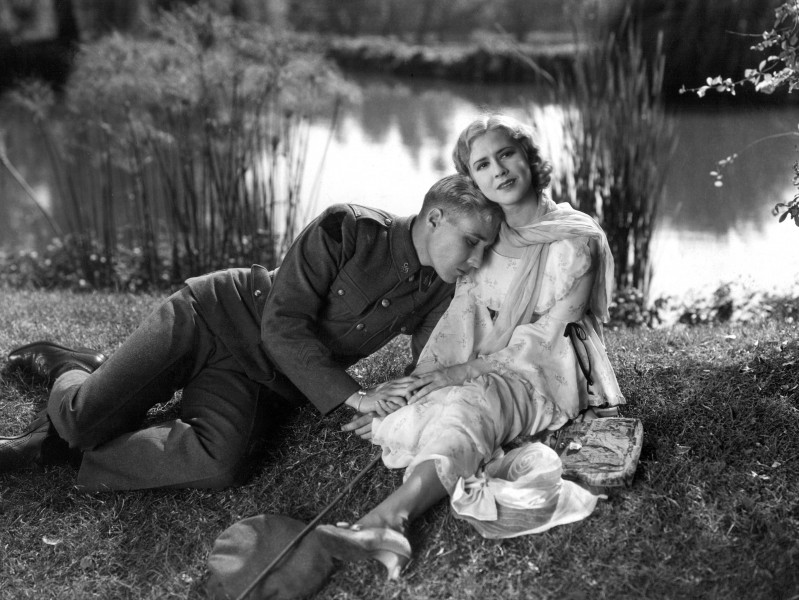
James Whale: Of Monsters, Melodrama and the Production Code
The story of James Whale’s rise and fall in Thirties Hollywood illustrates the high stakes risks and rewards of filmmaking in the studio era. Whale’s early successes earned him only a brief freedom, and the subsequent decades have been unkind, with some of his best films remaining little-seen and the story of his life and career increasingly encrusted with myth, rumor and speculation. Associated most vividly with Universal’s horror films, Whale in fact distinguished himself in almost every genre prominent in 1930s Hollywood: the musical, the melodrama, the war film, costume drama and screwball comedy.
British-born James Whale began his career in a WWI prison camp. Captured by the Germans, he became active in the camp’s theater, which led him to the London stage after the war, achieving fame with his production of Journey’s End, the celebrated drama about life in the trenches. He came to Hollywood on the coattails of this achievement, ending up at Universal Pictures, where he stayed for most of the 1930s.
Whale was a man of striking contrasts. Although the war left him an abiding antipathy towards Germany, his filmmaking was profoundly influenced by Weimar cinema: the sly wit of Lubitsch, Murnau’s mobile camera, and the visual stylization of German expressionism. Born into poverty, he projected the air of a proper British gentleman that barely concealed the wicked sense of humor so important to his films.
Streaks of perverse wit and a fascination with the dark side of human behavior make Whale’s work from the early and mid-1930s so memorable, yet these qualities are in short supply in his later films, undoubtedly due, in part, to the restrictions of the Production Code, designed to rein in the wilder strains of Hollywood filmmaking after its enforcement began in 1934. Yet there is no one obvious reason for the decline of Whale’s career at the end of the 1930s but rather several. His reign as one of Universal’s most valued directors came to a sudden end when the studio changed management in 1936, due in part to the extravagant cost of Whale’s Show Boat. Removed from the studio’s protection, Whale acquired a reputation for being difficult; he may also have become too disillusioned, or burnt out, to pursue work as hungrily as he would have needed to. And some have also pointed to Whale’s homosexuality as another source of his alienation from the studio establishment. Robert Aldrich later said, “Jimmy Whale was the first guy who was blackballed because he refused to stay in the closet.”
While this retrospective gives central place to Whale’s horror films, which fully retain their visual distinctiveness and the thrill of their subversive natures, it also gives a chance to revisit Waterloo Bridge and Show Boat, two of Whale’s best films, that have in recent years emerged from the shadows cast by subsequent, inferior remakes, while also bringing new prints and rediscoveries from Universal with the rarely-screened gems Impatient Maiden and especially The Kiss Before the Mirror.














